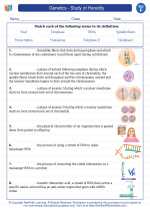Genetics - Study of Heredity -> family
The Science of Family
Introduction to Family
In science, a family is a group of related individuals who are connected by blood, marriage, or adoption. Families play a crucial role in the social and emotional development of individuals.
Types of Families
There are various types of families, including nuclear families (parents and children), extended families (including grandparents, aunts, uncles, and cousins), single-parent families, blended families, and more. Each type has its own dynamics and characteristics.
Functions of Families
Families serve several functions, including providing emotional support, nurturing and raising children, transmitting cultural values and traditions, and meeting the basic needs of its members.
Family Structures
Family structures can vary based on cultural, social, and economic factors. Understanding the different family structures and dynamics is important in studying the social and behavioral sciences.
Study Guide
Key Concepts
Key Questions
- What are the different types of families?
- What are the functions of families in society?
- How do cultural factors influence family structures?
Study Tips
- Compare and contrast the characteristics of nuclear and extended families.
- Discuss the impact of divorce and remarriage on family dynamics.
- Research how families in different cultures address their roles and responsibilities.
Further Reading
Explore additional resources on sociology, anthropology, and psychology to gain a deeper understanding of the science of family.
.◂Science Worksheets and Study Guides Sixth Grade. Genetics - Study of Heredity

 Activity Lesson
Activity Lesson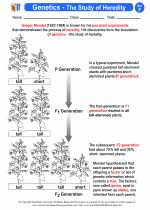
 Worksheet/Answer key
Worksheet/Answer key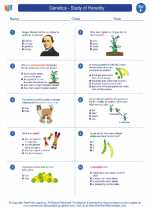
 Worksheet/Answer key
Worksheet/Answer key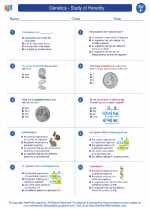
 Worksheet/Answer key
Worksheet/Answer key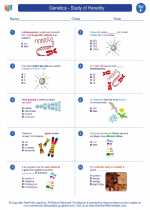
 Vocabulary/Answer key
Vocabulary/Answer key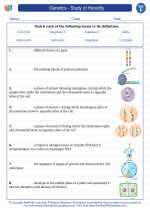
 Vocabulary/Answer key
Vocabulary/Answer key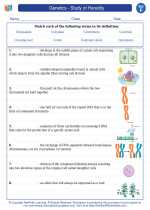
 Vocabulary/Answer key
Vocabulary/Answer key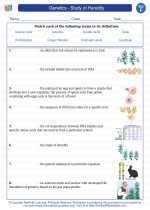
 Vocabulary/Answer key
Vocabulary/Answer key
 Vocabulary/Answer key
Vocabulary/Answer key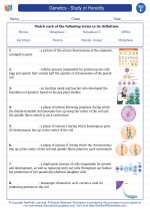
 Vocabulary/Answer key
Vocabulary/Answer key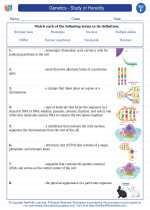
 Vocabulary/Answer key
Vocabulary/Answer key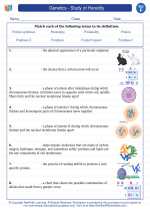
 Vocabulary/Answer key
Vocabulary/Answer key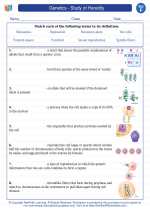
 Vocabulary/Answer key
Vocabulary/Answer key